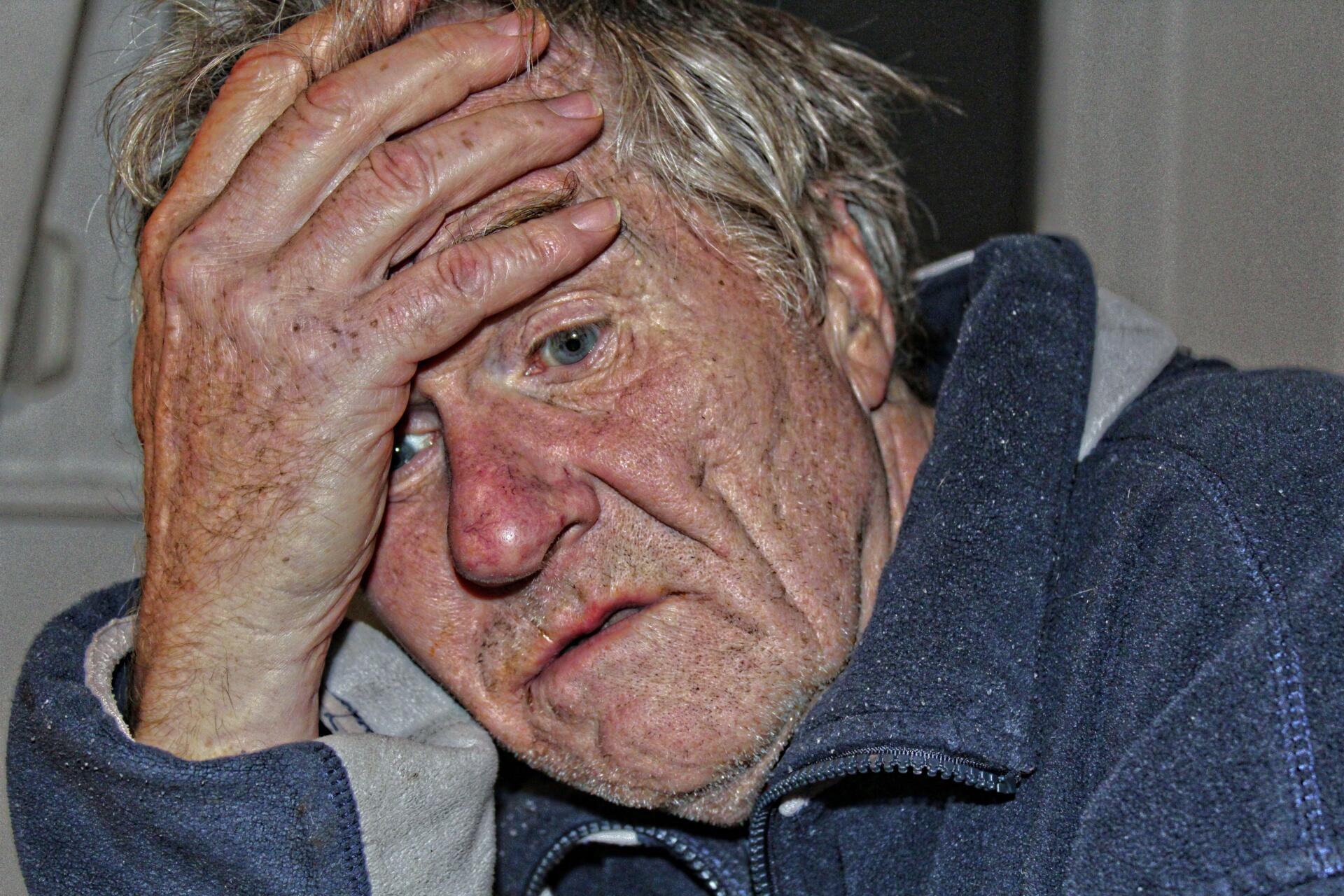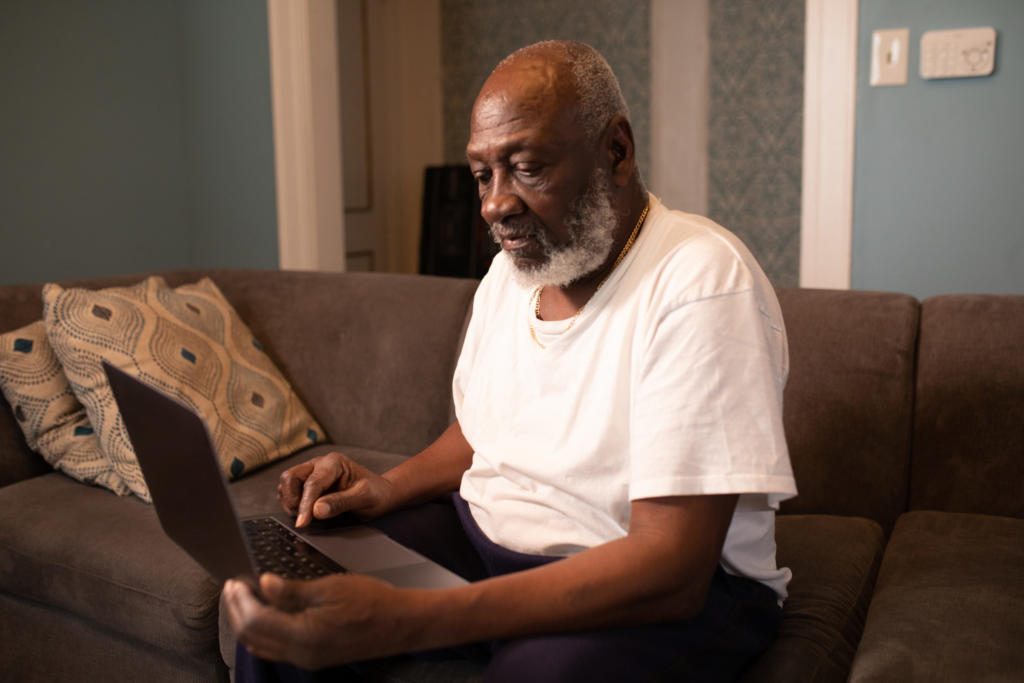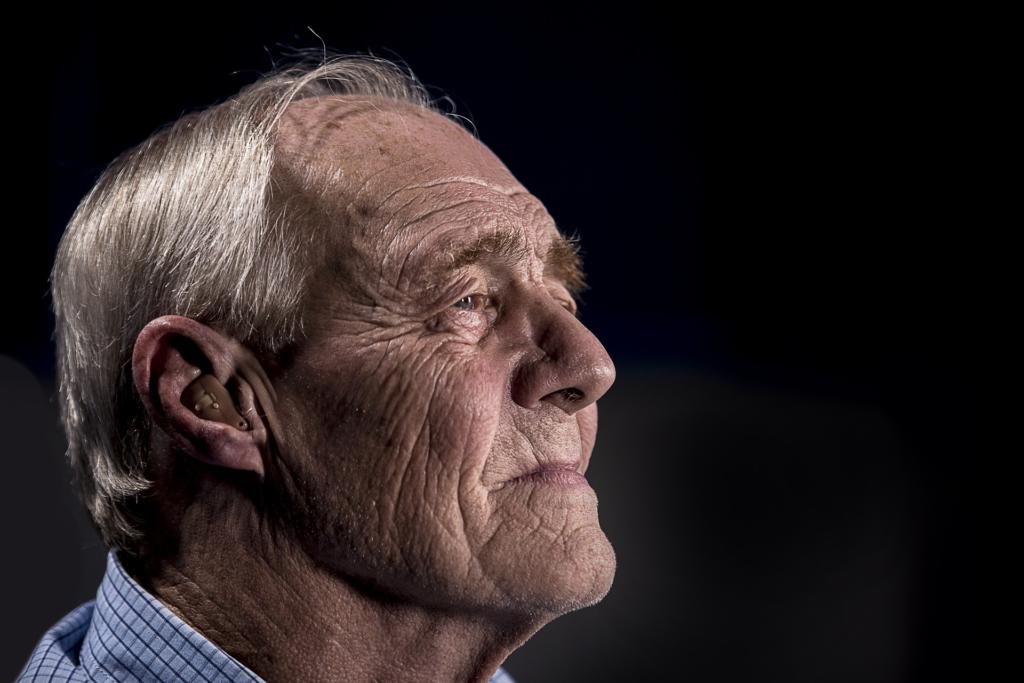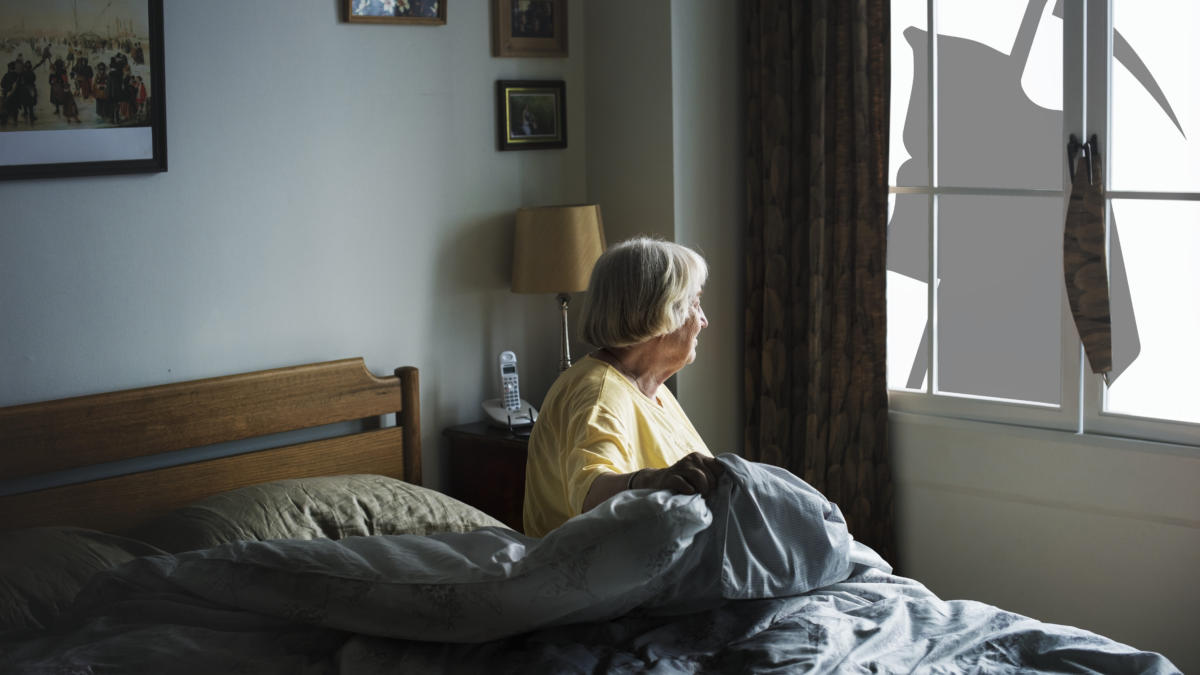Pennsylvania House Majority Leader Kerry Benninghoff announced on March 1 his referral of an investigation to the House Government Oversight Committee into the Wolf administration’s handling of nursing homes and other care facilities during the COVID-19 pandemic.
This comes amid calls for New York Gov. Andrew Cuomo to step down amid sexual harassment accusations; despite a federal investigation into a possible cover-up of thousands of deaths due to his policies to remand COVID-19 infected seniors to their nursing homes instead of transporting them to hospitals for care. The Pennsylvania investigation is based on reports that Cuomo was not the only state leader to have directed nursing homes to admit patients who had been hospitalized for COVID-19. Reports into the Cuomo investigation reveal that governors from Michigan, California, New Jersey and Pennsylvania – all Democrats – enacted similar policies last year as fears grew that hospitals would be overwhelmed with new patients and too few health-care providers.
In an initial request for comment, James Garrow, communications director for the Philadelphia Department of Health, denied any coordination with the New York plan on a municipal level.
“Philadelphia did not follow New York’s nursing home death counting policy, Garrow wrote in an email.
“We used a variety of epidemiological methods and datasets to assign deaths to nursing homes. The first is counting all deaths at a nursing home address as a nursing home death. But we also scan all Philadelphia deaths for residence addresses (so we can capture cases that may have been transferred to a hospital prior to death), and conduct investigations on outbreaks reported via NHSN to ensure that all deaths associated with a facility have been counted. We are confident that our count of nursing home deaths in Philadelphia is accurate.”

To weigh the impact of Philadelphia’s initial COVID-19 policies at our local nursing homes, this author spoke with Bernice Capobianco, a resident at the Gloria Dei Estates retirement community on Rhawn Street in Northeast Philadelphia.
“Gloria Dei said I had to quarantine this January from the day my symptoms started for 14 days, and was not allowed out of my apartment at all,” Capobianco said.
“My neighbor who was sick [with COVID] thought she had the flu and was in the hospital for three days, then returned to Gloria Dei, and was quarantined at the residence. The people she was with were also quarantined. Not sure how many were tested, but two other people were positive.”
When asked if the same shared staff serviced quarantined residents and other residents and areas of the community, Capobianco said, “Oh yes, at least three, for sure, but at least 12 or more who had to quarantine due to social contacting.”
This illustrates how COVID spread so rapidly at retirement communities in the five states under investigation. As a follow-up, PW asked Garrow if COVID-positive nursing home residents were returned to their facilities prior to a negative test under Philadelphia’s policy. Garrow then clarified his original statement by stating:
“In the spring, we were not making a recommendation that nursing homes not accept COVID-positive patients. We aren’t aware of any jurisdiction that was making that recommendation at the start of the pandemic. We also issued local guidance that COVID-positive patients, either new from transport or in-house, should be kept on isolation precautions for 20 days.”
Was Garrow correct in comparing Philadelphia’s protocol with other jurisdictions, or just following guidance from state officials in Harrisburg, who are now under investigation for the consequences of their COVID-19 policies? What is clear is that there is at least a chronological correlation between the five states who initiated COVID policies under investigation by the U.S. Department of Justice, which is necessitating lawsuits and legislative probes to come to light.
Detroit journalist Charlie LeDuff recently filed a lawsuit against Gov. Gretchen Whitmer, after trying for months of her refusal to provide the Pulitzer Prize-winning journalist answers and statistics detailing Michigan’s coronavirus-related death toll in nursing homes. LeDuff said that his request is “nonpartisan” and should be a simple process of checking a tabulation.
“You can’t get them. I’ve been asking for months,” he said.
“What we want to know [is] what we know from the virus, [that] it kills the institutionalized elderly.”
Whether it’s from keeping up with the Joneses or through coordination between governors, LeDuff’s suit raises the questions as to why Pennsylvania, New York, New Jersey, Michigan and California and large municipal health departments in their major cities like Philadelphia, Los Angeles, New York City and Detroit had policies that resulted in deadlier trends than the 45 other American states.
The Pennsylvania State House’s investigation raises similar questions with Gov. Tom Wolf’s oversight of long-term care facilities, where as many as 12,000 people have died. Benninghoff appeared to echo LeDuff’s concerns in the Keystone state, claiming that the state’s majority House caucus “believe[s] Pennsylvanians deserve better from their government when they are seeking answers as to why something so tragic has occurred, and they are not getting answers.”

Wolf enacted a mandatory admission policy in March, saying that “nursing care facilities must continue to accept new admissions and receive readmissions for current residents who have been discharged from the hospital who are stable.” At the time, Wolf credited his health secretary, Dr. Rachel Levine, with the policy, who stated the policy was enacted to protect hospitals from being overwhelmed by the volume of COVID-19 patients. The order added that nursing home admissions “may include stable patients who have had the COVID-19 virus.” Now-former Health Secretary Levine is being vetted to become President Joe Biden’s assistant secretary of health.
The Wolf administration’s response to these investigations took aim at state legislators, the nursing homes impacted, and federal guidance.
“These baseless, ongoing insinuations by the GOP portray a significant lack of understanding of the role of the Department of Health and guidance provided to nursing facilities,” said Lyndsay Kensinger, press secretary for Wolf.
“The Department of Health issued guidance in March of 2020 that provides direction on infection control, cohorting, admittance, and other actions. The claim that this policy was developed with other states, instead of federal guidance, is simply false.
“While the Department of Health provides guidance, licensing, and enforcement actions, it does not own or operate nursing homes,” Kensinger continued.
“It is incumbent upon the nursing homes to follow infection control and other guidance designed to keep patients safe during both regular periods and the COVID-19 pandemic.”
While state and city officials deny any wrongdoing in their handling and reporting of nursing home-related deaths during the COVID-19 pandemic, some look back at coverage from the height of the pandemic and find it hard to write-off the investigation as a partisan “witch-hunt.”
It is incumbent upon the nursing homes to follow infection control and other guidance designed to keep patients safe during both regular periods and the COVID-19 pandemic.
– Lyndsay Kensinger
In April, the Pennsylvania State Coroners Association publically disputed Levine’s reporting of coronavirus deaths in the state. Coroners, who are the officials tasked with determining cause of death and issuing death certificates, said that Pennsylvania’s official total of COVID-19 deaths could represent a significant under-count of cases due to problems with the reporting system.
“I think some of the counties have a 50-death spread between state and county numbers, and that’s a pretty significant number,” said Charles Kiessling Jr., the Lycoming County coroner and president of the Pennsylvania State Coroners Association.
The April scandal came to light when supposed COVID deaths being reported by Levine weren’t on county coroner records. Pennsylvania law requires all deaths to be recorded by coroners in their respective county, like Philadelphia.
“I think we’re falsely inflating the numbers,” Kiessling said, referring to Levine’s explanation that state data included “probable deaths.”
“Is an individual who tested positive for the coronavirus, recovers, but later dies, being listed as a COVID-19 death?” asked Kiessling.
Then there’s the scandal that – three weeks after she faced criticism from the state’s coroners – Levine was pressed about taking her 95-year-old mother out of a personal care home and into a hotel, in contrast with her own statewide guidelines.

In describing his legal action in Michigan, LeDuff describes a pattern.
“[New York Gov. Andrew] Cuomo institutes this [nursing home policy] in March. He issues blanket liability to the nursing homes. [Michigan Gov.] Whitmer follows two days later and does the same thing. Cuomo is keeping statistics and getting called out in New York. So, by May, he ends the practice,” LeDuff said.
“Whitmer doubles down in May and we’re still doing it to this day.”
LeDuff’s reports claim Michigan didn’t keep track of COVID counts in state-regulated nursing homes until June, and didn’t formally begin tabulating deaths until July. It wasn’t until December that LeDuff says he received “death data” for other facilities, like adult foster homes.
“What also happens in December is, a new number shows up, an asterisk called ‘vital records deaths.’ Those are people that died before when we weren’t counting. I want to know when they died and where they died. I can’t get it. They won’t give it. So I’m suing.”
In August, the U.S. Department of Justice asked governors in the five states that implemented such orders to submit data on whether they may have contributed to nursing home deaths. In examining how states implemented these potentially deadly policies, one may wonder how five states led by governors in the same caucus could arrive at such similar policies within the same one-month period. It’s also noteworthy that the 45 other bipartisan governors had issued a wide range of policies in response to shifting CDC guidance that did not warrant inclusion in these investigations.





